Vaccination is the best health protection shield for young children. For the vaccination process to be safe and most effective, preparation and close monitoring from parents play an extremely important role.
Ho Chi Minh City Center for Disease Control (HCDC) notes that when taking their children for vaccination, parents should remember to bring their child's personal vaccination book or card.
In addition, parents also need to proactively inform medical staff fully and accurately about their child's current health status, whether they are sick, have a fever or are taking medication.
In particular, the doctor also needs to know the child's history of allergies (food, medicine) or strong reactions that have occurred with previous vaccinations (high fever, prolonged crying, widespread swelling and pain).

When vaccinated, children's bodies may experience some common reactions such as temporary high fever, fussiness, etc. (Illustration: AP).
Post-vaccination monitoring is required to detect any unusual reactions early. After vaccination, the child must stay at the injection site for at least 30 minutes to be monitored and promptly treated if any problems arise.
After returning home, the child needs to be monitored regularly for at least 24 hours. Family members need to pay attention to signs of the child's general condition, spirit, sleep, eating, temperature, breathing, skin condition and injection site reaction. Mild fever, pain or slight swelling at the injection site are common reactions and will usually go away on their own.
HCDC also recommends that relatives do not apply anything (potatoes, medicinal leaves, lemon...) to the injection site according to folk experience, because this action can cause infection. Instead, to reduce swelling, mothers can use cold compresses.
If a child has a fever, he or she should be given fever-reducing medication in the correct dosage and as directed by a healthcare professional. Parents should also give their child enough water, a normal diet, and wear loose clothing. If the symptoms persist for more than a day without improvement, the child should be taken to a healthcare facility for examination.
When a child has a mild fever, in addition to using fever-reducing medication as directed, relatives can use a warm towel to wipe the child's body, especially in areas such as the armpits, groin and forehead. The child needs to be breastfed or drink enough water to avoid dehydration and wear thin, cool clothes.
In case of any unusual reactions, the child should be taken to a medical facility immediately. These signs include high fever that is difficult to reduce, convulsions, persistent crying that cannot be soothed, refusal to feed, lethargy, fatigue, difficulty breathing, rapid breathing, cyanosis, or rash, hives all over the body, swelling of the face and lips.
If parents feel uneasy about any reaction of their child after vaccination, please contact directly or go to the Health Station for timely advice.
Source: https://dantri.com.vn/suc-khoe/nhung-sai-lam-cha-me-de-mac-khi-dua-con-di-tiem-20251106165056203.htm






![[Photo] Cutting hills to make way for people to travel on route 14E that suffered landslides](https://vphoto.vietnam.vn/thumb/1200x675/vietnam/resource/IMAGE/2025/11/08/1762599969318_ndo_br_thiet-ke-chua-co-ten-2025-11-08t154639923-png.webp)

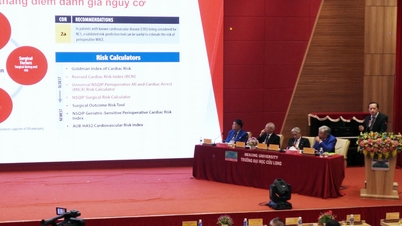



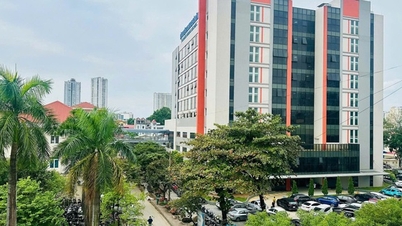
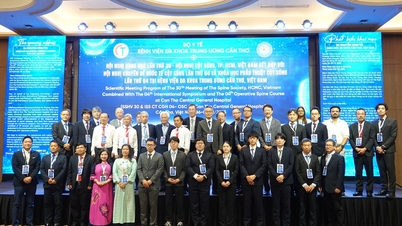







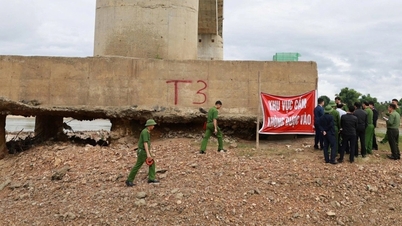









![[Video] Hue Monuments reopen to welcome visitors](https://vphoto.vietnam.vn/thumb/402x226/vietnam/resource/IMAGE/2025/11/05/1762301089171_dung01-05-43-09still013-jpg.webp)












































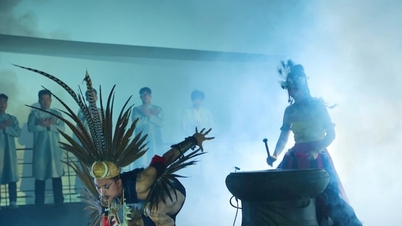






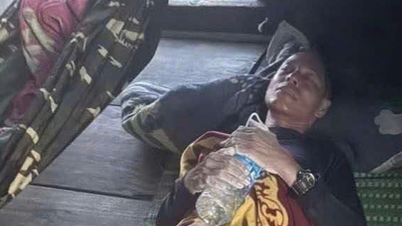















Comment (0)